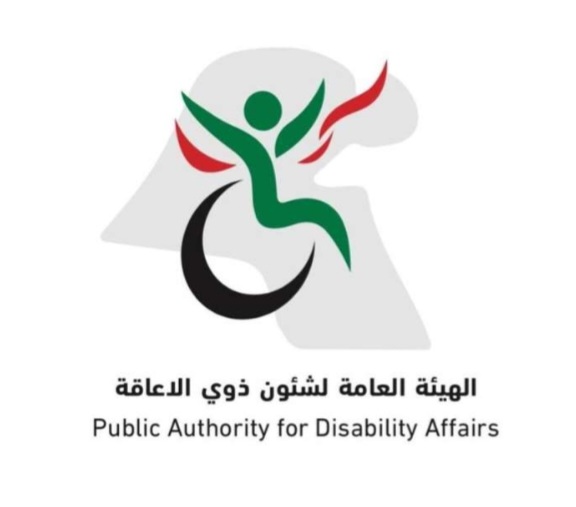Academy trusts accused of failing disadvantaged pupils


The government’s policy of using academy sponsors to revive struggling schools in England has been called into doubt by analysis showing that some large chains of schools were hindering the education of disadvantaged pupils.
While some academy trusts – chains of sponsored schools grouped under single management – have had outstanding success in improving the results of children from deprived backgrounds, several of the 34 trusts surveyed showed significantly worse results than those seen nationally.
The research commissioned by the Sutton Trust, which aims to increase social mobility through education, also found that the worst performing academy chains had seen a decline in their performance between 2012 and 2014, when a similar survey had been conducted – suggesting the chains were unable to improve their own record.
Prof Becky Francis of King’s College London, one of the report’s authors, said that while some chains achieve impressive results, “a larger group of low-performing chains are achieving results that are not improving and may be harming the prospects of their disadvantaged students.”
School union leaders said the findings should cause education secretary Nicky Morgan to question her department’s policy of relying on academy chains as the means of raising standards.
“Ministers have failed to carry out any evaluation of whether their flagship policies are driving improvement in the schools system,” said Christine Blower, general secretary of the National Union of Teachers.
“Instead, the Conservatives are dogmatically insisting on placing even greater numbers of schools under the charge of academy chains, whose governance and performance it has failed to evaluate properly.”
Russell Hobby, general secretary of the National Association of Head Teachers, said: “A significant part of government policy is left on shaky ground. Yet, incredibly, the government does not appear willing to hold underperforming chains to account in the same way it treats local authority schools.”
The Department for Education (DfE) defended its policy of having struggling schools taken out of local authority handsand placed under sponsors.
“The academies programme has transformed the lives of millions of pupils, particularly those from disadvantaged backgrounds, as this report shows,” a DfE spokesperson said.
“We are already working with many excellent academy sponsors and are recruiting more to pair with struggling schools so every child has access to the excellent education they deserve.”
The report compares the performance of pupils in 156 sponsored academies run by the 34 largest chains, based on their progress and attainment in GCSE results.
In 11 of the 34 chains,disadvantaged studentssuch as those eligible for free school meals outperformed the national average for those in state secondary schools, with particularly outstanding results by schools that are part of Ark, a trust with 32 primary and secondary academies in London, Birmingham and the south of England.
Hobby said: “It deserves investigation: what are these chains doing differently to the ones that aren’t performing well? Mystifyingly, the government is doing nothing to find this out.”
While half of the 34 chains did better than the national average overall, 14 chains out of 34 performed significantly below the average for all mainstream schools.
The research highlighted four chains that performed worst for disadvantaged pupils across a range of measures: the Midland Academies Trust, Diocese of Salisbury Academy Trust, the Learning Schools Trust and School Partnership Trust Academies.
The research also suggested 40% of the sponsored academies run by the 34 trusts are at risk of being targeted as coasting schools if they repeated poor results for three years in a row, under new government regulations.
“It is wrong and misleading to try to classify coasting schools based on 2014 data alone. A coasting school can only be identified based on performance over three years, so we won’t know until 2016 which schools they will be,” the DfE said.






